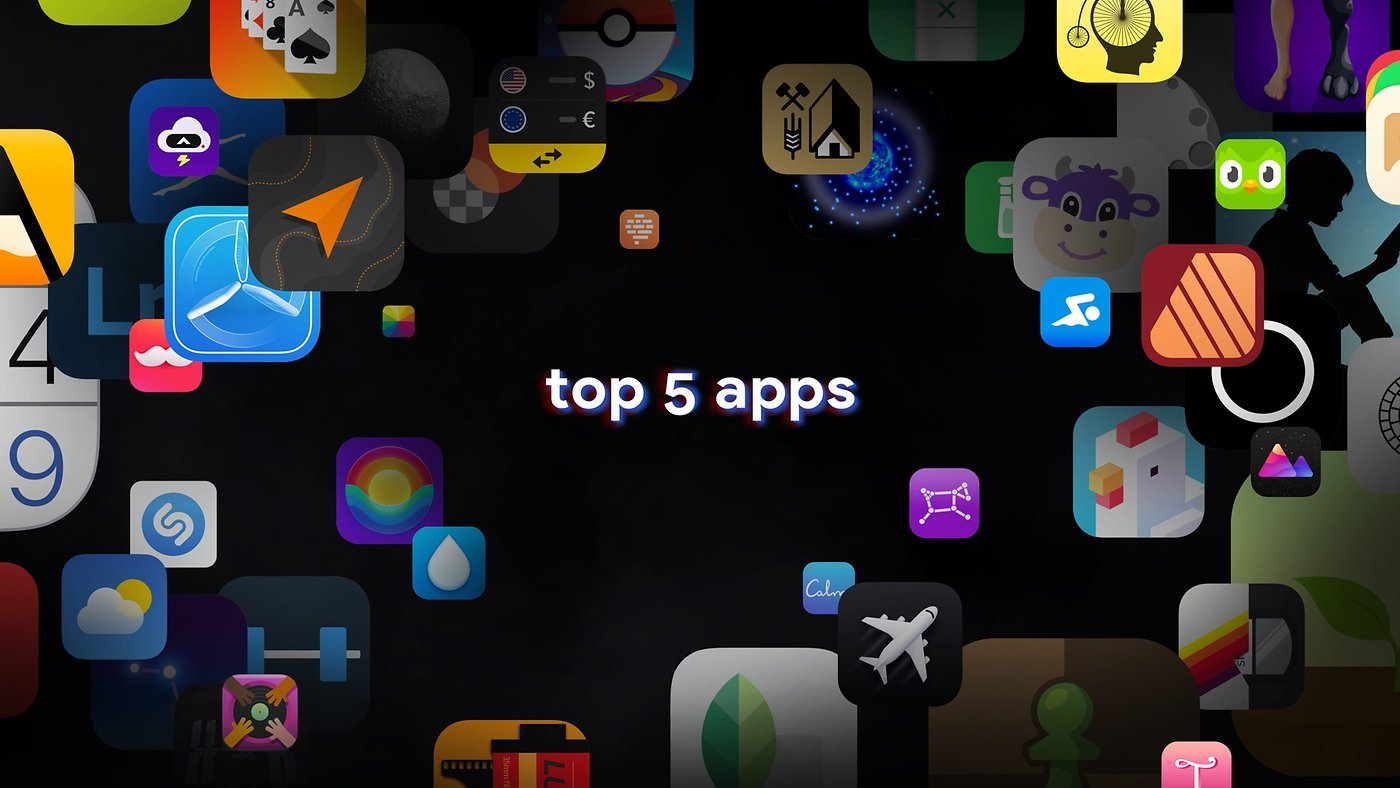Hypocrite Teachers Are Telling Students Not to Use AI While Using It to Grade Their Work
Teachers are increasingly using artificial intelligence in their work — all while telling their pupils they can't do the same. As the New York Times reports, educators and administrators are using AI for grading papers, tutoring students, and even analyzing their records. For Rhode Island history teacher Jon Gold, using ChatGPT for lesson plans seems like a relatively acceptable use case — especially because it offers him an opportunity to teach his students about using the technology responsibly. "I am more pro-AI-literacy than I am pro-AI-use," Gold told the NYT. Jennifer Carolan, herself a former history teacher who founded the AI edtech investment […]


Teachers are increasingly using artificial intelligence in their work — all while telling their pupils they can't do the same.
As the New York Times reports, educators and administrators are using AI for grading papers, tutoring students, and even analyzing their records.
For Rhode Island history teacher Jon Gold, using ChatGPT for lesson plans seems like a relatively acceptable use case, and tells his classes about how he uses it for transparency. But at the same time, he tells his students not to use it themselves for essays or research.
"I am more pro-AI-literacy than I am pro-AI-use," Gold told the NYT.
Jennifer Carolan, herself a former history teacher who founded the AI edtech investment company Reach Capital, insisted when speaking to the newspaper that the technology "is already being used by the majority of teachers and students." That informal figure may be a bit inflated, given that a recently-published survey from the RAND Corporation found that only 25 percent of teachers admitted to using AI for teaching or lesson planning — but because those responses came from the 2023-2024 school year, it's likely that share has grown.
The tension between teacher AI use versus students using it seems to be even stronger on the administrative level. For Washington, DC charter school administrator Alex Baron, for instance, students who use a Alphabet-owned apps like PhotoMath and Google Lens are cheating — but his own use of the technology is, apparently, legitimate.
Baron told the NYT that he often uses AI programs to analyze students' academic and behavioral data and split them into targeted groups for support. Though he didn't disclose which apps he used, the AI-forward administrator and others like him have a multitude of options at their disposal. Software called Securly Discern , for instance, claims it can help administrators identify and support "at-risk students" by monitoring their online behavior — in short, by spying on them and reporting back to the principal.
Regardless of whether they're using AI for good or for evil, students themselves aren't in love with the idea of their teachers capitalizing on the technologies they're barred from using. When asked by the NYT earlier this year how they felt about teachers using AI for grading — perhaps the most problematic use case because AI is constantly getting stuff wrong — several said they found the practice hypocritical and even insulting.
"If students are putting in work and effort, why should teachers be allowed to be lazy and let AI grade for them?" opined a high schooler named Aidan. "It gives a sense that, because I am older and I am your superior, I can use A.I. and you can’t, which is not a good example for students."
A Sacramento teacher named LP, meanwhile, defended their use of AI.
"Teachers... have earned credentials and often multiple master’s degrees," they wrote. "We know the generative skill of composition. If we can use AI to support grading, we can spend more time planning, prepping, and supporting students."
Obviously, it's a contentious question — and one that isn't likely to go away as AI becomes ever more normalized.
More on AI and education: High Schools Training Students for Manual Labor as AI Looms Over College and Jobs
The post Hypocrite Teachers Are Telling Students Not to Use AI While Using It to Grade Their Work appeared first on Futurism.







![What features do you get with Gemini Advanced? [April 2025]](https://i0.wp.com/9to5google.com/wp-content/uploads/sites/4/2024/02/gemini-advanced-cover.jpg?resize=1200%2C628&quality=82&strip=all&ssl=1)































































































































